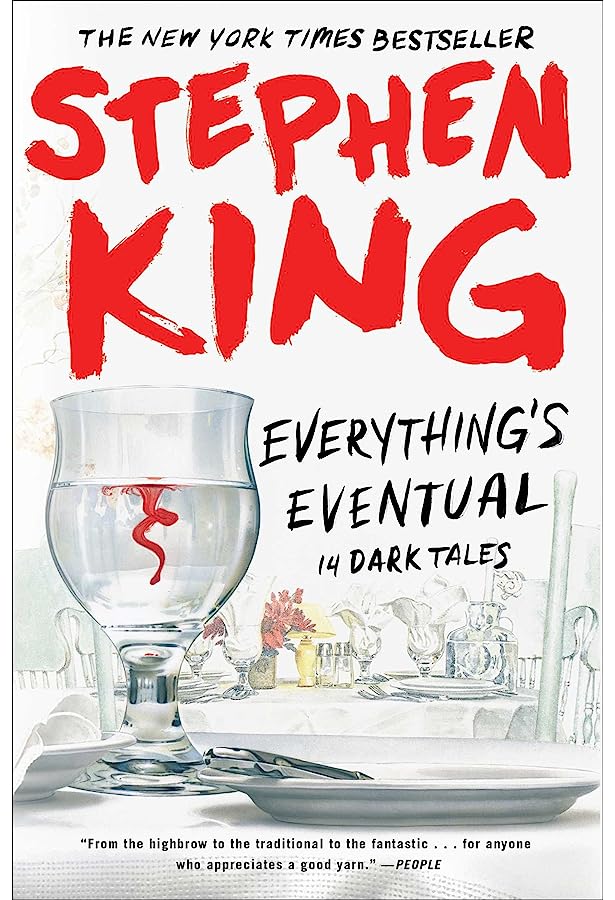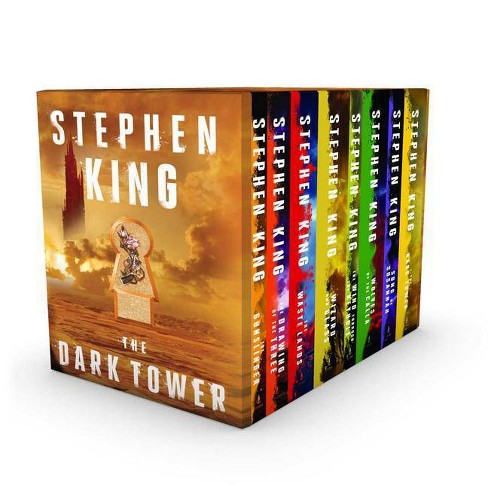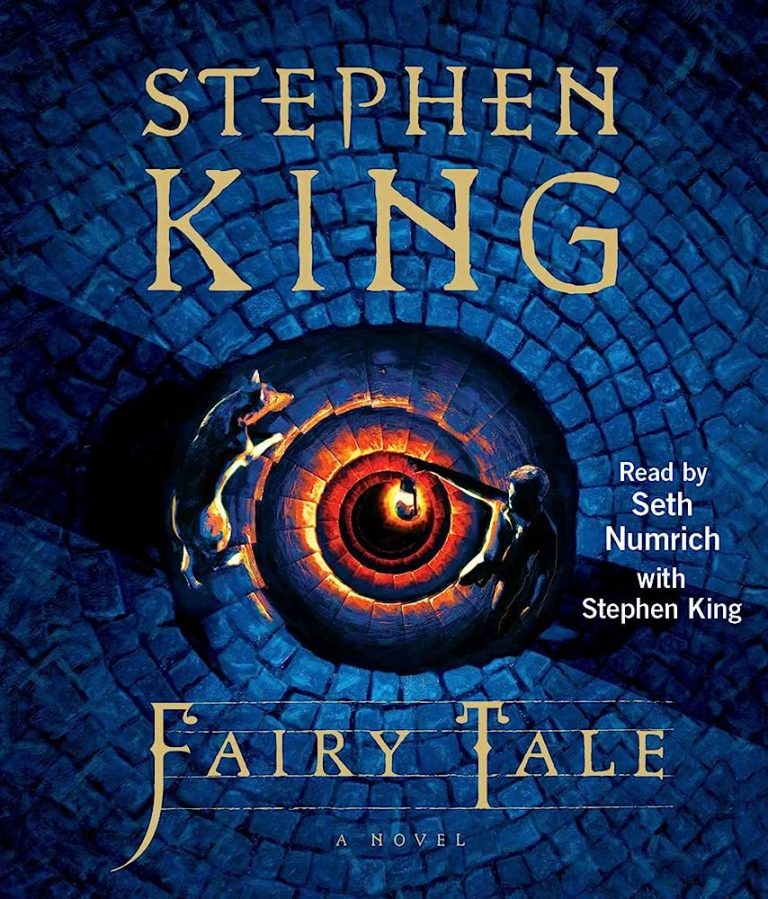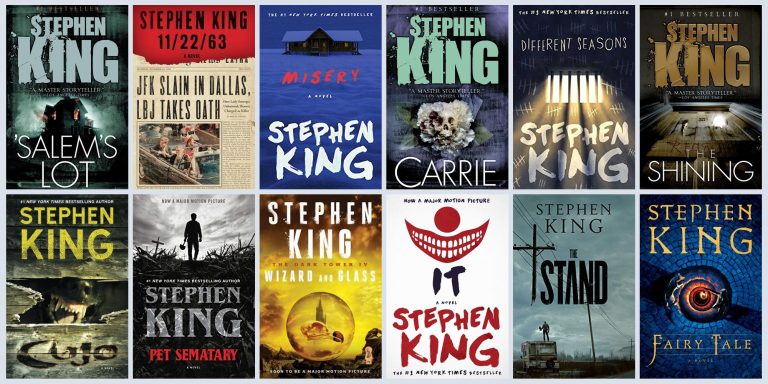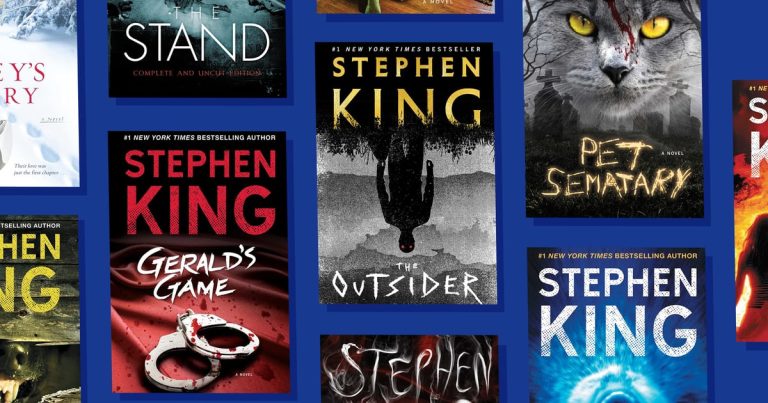Why Do Depressed People Watch Horror?
Ever wondered why depressed people are drawn to horror movies? It may seem counterintuitive, but there’s a fascinating connection between the two. In this article, we’ll dive into the intriguing question: “Why do depressed people watch horror?” Prepare to be captivated as we unravel the psychological reasons behind this unique phenomenon.
Depression can be an overwhelming and isolating experience, leaving individuals feeling detached from reality. Surprisingly, horror movies can provide a temporary escape from the emotional turmoil. When watching these spine-chilling films, people with depression often find solace in the adrenaline rush and the distraction it offers. It’s like entering a different world, where their own problems take a backseat for a while. So, why do they choose horror over more light-hearted genres? Well, the answer lies in the cathartic nature of fear.
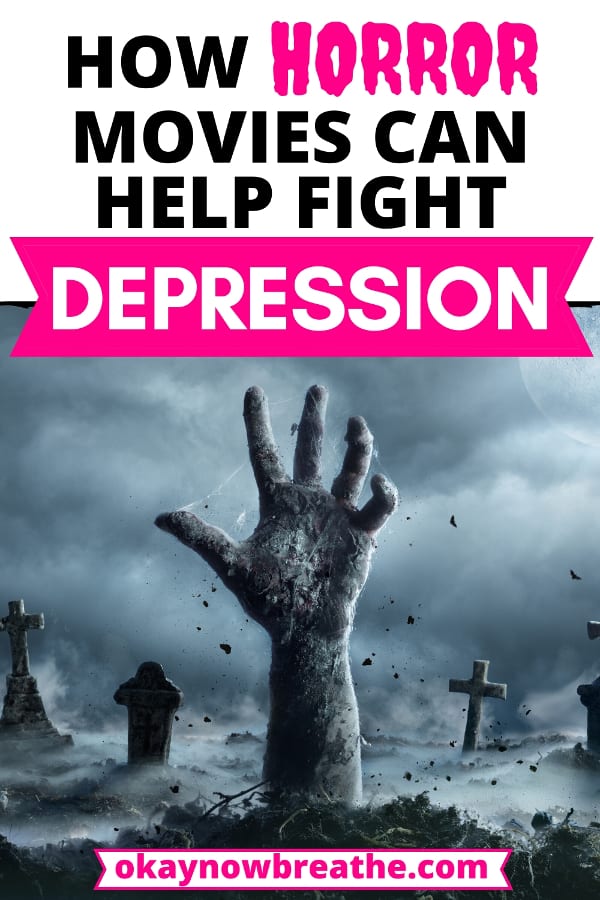
Why Do Depressed People Watch Horror?
Depression is a complex mental health condition that affects millions of people worldwide. It can manifest in various ways, including feelings of sadness, hopelessness, and a lack of interest in activities. Individuals with depression often seek different coping mechanisms to alleviate their symptoms and find solace. Interestingly, one surprising way some depressed individuals cope is by watching horror movies or engaging in other forms of horror media. In this article, we will explore the reasons behind why depressed people are drawn to horror and how it can potentially provide a temporary escape from their emotional turmoil.
The Thrill of Fear
One of the main reasons why depressed individuals may be drawn to horror is the adrenaline rush and thrill that come with experiencing fear. When a person is depressed, they often feel emotionally numb or disconnected from their surroundings. Horror movies can provide a temporary escape from this emotional void by eliciting intense emotions and sensations. The fear and suspense generated by horror films can jolt depressed individuals out of their emotional numbness and make them feel more alive in the moment.
Furthermore, the physical and psychological reactions that accompany fear can be cathartic for individuals with depression. While depression is characterized by a lack of energy and motivation, the adrenaline rush induced by horror movies can provide a temporary boost in energy levels. This surge of energy can help combat the lethargy and apathy associated with depression, providing a brief respite from the overwhelming feelings of sadness and despair.
The Power of Distraction
Depression often creates a constant stream of negative thoughts and self-critical internal dialogue. Individuals with depression may find it challenging to escape this cycle of rumination and self-doubt. Engaging with horror movies can offer a much-needed distraction from these negative thought patterns. When immersed in a suspenseful or terrifying storyline, depressed individuals can shift their focus away from their own inner turmoil and direct their attention towards the unfolding events on the screen.
Additionally, horror movies provide a sense of control that may be lacking in the lives of individuals with depression. In these fictional worlds, the fear-inducing events are contained within the boundaries of the screen, allowing viewers to experience a controlled form of fear. This can be empowering for individuals who may feel helpless and out of control in their own lives. By being able to dictate when and how they engage with fear, depressed individuals can regain a sense of agency and mastery over their emotions.
The Appeal of Catharsis
Depression can be an isolating experience, making individuals feel as though they are alone in their struggles. Horror movies, on the other hand, often depict characters facing their fears and overcoming seemingly insurmountable challenges. This narrative arc can provide a sense of hope and inspiration to depressed individuals, reminding them that they too have the strength to confront their own demons.
Moreover, horror movies often explore themes of darkness, despair, and existential dread. These themes resonate with the inner experiences of individuals with depression, validating their emotions and making them feel seen and understood. By witnessing characters battling their fears in the face of adversity, depressed individuals may find solace and a sense of connection to others who have experienced similar struggles.
Creating Distance
Depression can be an all-encompassing experience, blurring the boundaries between one’s own emotions and the external world. Watching horror movies can create a necessary psychological distance between the viewer and their own emotional state. By immersing themselves in a fictional world filled with monsters, ghosts, and supernatural phenomena, depressed individuals can temporarily escape their own internal demons and shift their focus towards external threats.
This psychological distancing can provide a much-needed break from the constant barrage of negative thoughts and emotions that come with depression. It allows individuals to redirect their attention towards the fictional horrors unfolding on the screen, providing a momentary respite from their own inner turmoil.
Conclusion
Overall, the reasons why depressed individuals may be drawn to horror movies are multifaceted. The thrill of fear, the power of distraction, the appeal of catharsis, and the creation of psychological distance are all factors that contribute to the allure of horror for those struggling with depression. It is important to note that while horror movies can provide temporary relief from the symptoms of depression, they are by no means a substitute for professional help and treatment. If you or someone you know is experiencing depression, it is crucial to seek support from mental health professionals who can provide appropriate guidance and care.
Key Takeaways: Why do depressed people watch horror?
- Watching horror movies can provide a temporary escape from reality for depressed individuals.
- The adrenaline rush and fear experienced while watching horror films can help distract from depressive thoughts.
- Horror movies often have dark themes and characters that resonate with depressed individuals, making them feel understood.
- The suspense and unpredictability in horror films can create a sense of excitement and engagement, offering a break from the monotony of depression.
- Watching horror movies can also provide a cathartic release, allowing depressed individuals to express and process their own fears and emotions.
Frequently Asked Questions
Can watching horror movies help with depression?
While it may seem counterintuitive, watching horror movies can sometimes help individuals cope with depression. The adrenaline rush and suspenseful nature of horror films can provide a temporary distraction from negative thoughts and emotions. Engaging in this type of entertainment can also stimulate the release of endorphins, which are known as the body’s natural feel-good chemicals. However, it is important to note that this is not a long-term solution or substitute for professional help.
It’s crucial to remember that everyone’s experience with depression is unique. Some individuals may find solace in horror movies as a way to temporarily escape their own reality, while others may not find it beneficial at all. It’s important to listen to your own feelings and needs when deciding whether or not to watch horror movies as a form of self-help.
Why do some depressed individuals find comfort in horror movies?
Depressed individuals may find comfort in horror movies due to several reasons. Firstly, horror movies provide a sense of control and predictability in an otherwise chaotic world. The storyline and scares are carefully crafted, allowing viewers to feel a sense of anticipation and certainty. This can be comforting for individuals struggling with depression, as they may feel a lack of control in their own lives.
Additionally, horror movies can serve as a cathartic experience. The intense emotions elicited by these films can provide an outlet for repressed feelings and emotions. By experiencing fear and anxiety in a controlled environment, individuals may find a temporary release from their own internal struggles.
Are there any potential risks or drawbacks to watching horror movies while depressed?
While horror movies can provide a temporary distraction and even catharsis for some individuals, there are potential risks and drawbacks to consider. For individuals with severe depression or anxiety disorders, the intense emotions and imagery in horror movies may exacerbate their symptoms. It’s important to be mindful of your own mental health and seek professional help if needed.
Additionally, horror movies can sometimes perpetuate negative thought patterns and reinforce feelings of fear and vulnerability. It’s essential to balance the consumption of horror movies with other forms of self-care and positive stimuli. If you find that horror movies are triggering or worsening your depression, it may be best to explore other forms of entertainment or seek alternative coping mechanisms.
Can horror movies be used as a form of therapy for depression?
While horror movies can provide a temporary distraction or release for some individuals, they should not be considered a substitute for professional therapy or treatment for depression. While engaging in horror movies may provide short-term relief, it is important to address the underlying causes of depression with the help of a mental health professional.
Therapy for depression typically involves exploring and processing emotions, developing coping strategies, and working towards long-term healing and recovery. While horror movies can be a part of self-care and entertainment, they should not replace the guidance and support of trained professionals.
What are some alternative forms of entertainment for individuals with depression?
There are various alternative forms of entertainment that individuals with depression can explore. Engaging in activities that promote relaxation, such as reading books, listening to music, or practicing mindfulness and meditation, can be beneficial. Spending time in nature, engaging in creative pursuits, or connecting with loved ones through social activities are also helpful ways to uplift mood and improve overall well-being.
It’s essential to find activities that resonate with your personal interests and preferences. Experiment with different hobbies or explore new forms of entertainment to discover what brings you joy and helps alleviate depressive symptoms. Remember, seeking professional help is crucial in managing depression, and alternative forms of entertainment should complement a comprehensive treatment plan.
Why certain brains love horror movies
Final Thought
So, why do depressed people watch horror? It may seem counterintuitive, but there are actually several reasons behind this seemingly unusual phenomenon. For one, horror movies can provide a temporary escape from reality, allowing individuals to immerse themselves in a different world and momentarily forget about their own struggles. Additionally, the adrenaline rush and heightened emotions that come with watching horror films can provide a cathartic release for individuals experiencing depression. It’s almost like a rollercoaster ride for the mind, offering a thrill that momentarily distracts from the weight of their emotions.
Furthermore, horror movies often depict characters who face their fears and overcome seemingly insurmountable obstacles. This can serve as a source of inspiration and empowerment for individuals struggling with depression, as they witness characters confronting their own demons and emerging victorious. It can instill a sense of hope and resilience, reminding them that even in the darkest times, there is always a chance for redemption and triumph.
In conclusion, while it may seem paradoxical, the act of watching horror movies can serve as a coping mechanism for people dealing with depression. It provides a temporary escape, a cathartic release, and a source of inspiration. So, the next time you find yourself reaching for that horror flick, remember that there may be more to it than meets the eye. Embrace the thrill, let the adrenaline flow, and find solace in the fact that sometimes, even monsters can help us heal.

